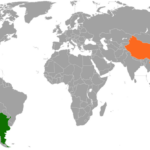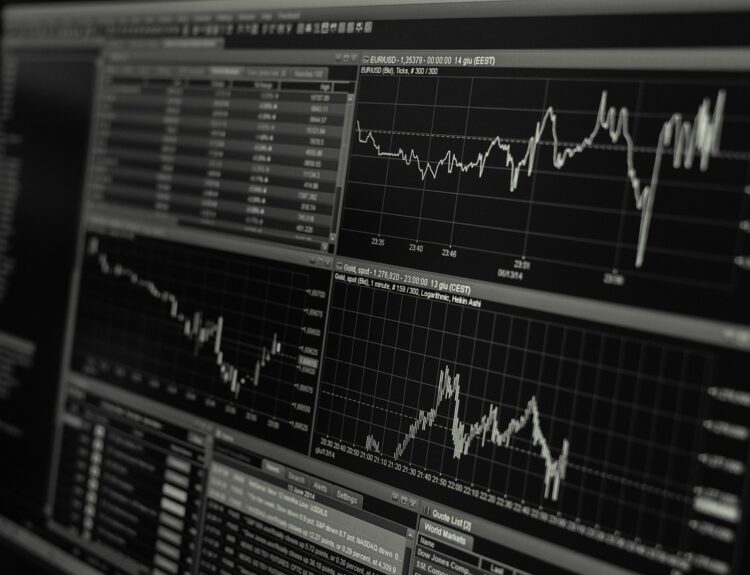Central Bank’s Decision Amid Mixed Views on Timing and Impact
- Japan’s consumer inflation stayed above the central bank’s 2% target in June
- Core-core inflation, excluding fresh food and energy, rose 2.2% from a year earlier in June
- Energy bills increased due to government subsidy cuts
- Food inflation remained strong due to yen’s weakness making imported products more expensive
- Cabinet Office raised its inflation forecast to 2.8% for the fiscal year ending March 2025
- Real growth projection cut to 0.9% from 1.3% due to production suspension by automakers
- Consumer sentiment among low-income households deteriorated recently
- Japanese government intervened to prop up the yen
- Some economists expect rate hike in July, others see technical factors behind inflation
- Mizuho Securities economist doubts rate hike this month due to subsidy cuts and low base effect on hotel prices
- Moody’s Analytics senior economist expects inflation to slow gradually
- Supply shocks driving initial price pickup are fading, demand-driven pressure is limited
Japan’s consumer inflation remained above the central bank’s target in June, leading to speculations about potential interest rate increases. Core-core inflation, excluding fresh food and energy, rose 2.2% from a year earlier in June. Energy bills increased due to subsidy cuts, while food inflation persisted due to yen’s weakness making imported products more expensive. The Cabinet Office raised its inflation forecast to 2.8% for the fiscal year ending March 2025 and cut real growth projection to account for automaker production suspensions. Some economists believe the Bank of Japan may raise rates at the next policy-setting meeting, while others argue technical factors are behind the inflation. Mizuho Securities’ economist doubts a rate hike this month due to subsidy cuts and low base effect on hotel prices. Moody’s Analytics sees inflation slowing gradually as supply shocks fade.
Factuality Level: 8
Factuality Justification: The article provides accurate and objective information about Japan’s consumer inflation and its impact on the economy, including data from government sources and expert opinions. It presents various perspectives on the potential for interest rate increases and future inflation trends without sensationalism or personal bias.
Noise Level: 7
Noise Justification: The article provides relevant information about Japan’s consumer inflation and its potential impact on interest rate decisions, but it also includes some repetitive information and relies on the opinions of various economists without providing a clear consensus. It could benefit from more in-depth analysis or data to support its claims.
Public Companies: Chanel SA (Not available)
Key People: Marcel Thieliant (Head of Asia-Pacific at Capital Economics), Ryosuke Katagi (Economist at Mizuho Securities), Stefan Angrick (Senior Economist at Moody’s Analytics)
Financial Relevance: Yes
Financial Markets Impacted: Japanese financial markets and companies
Financial Rating Justification: The article discusses Japan’s consumer inflation staying above the central bank’s 2% target, which could lead to interest-rate increases. This has an impact on Japanese financial markets and companies as it affects their operations and profitability.
Presence Of Extreme Event: No
Nature Of Extreme Event: Other
Impact Rating Of The Extreme Event: Minor
Extreme Rating Justification: There is no extreme event mentioned in the article. The text discusses Japan’s consumer inflation and its potential impact on interest rates, but it does not describe an extreme event.
 www.wsj.com
www.wsj.com 





